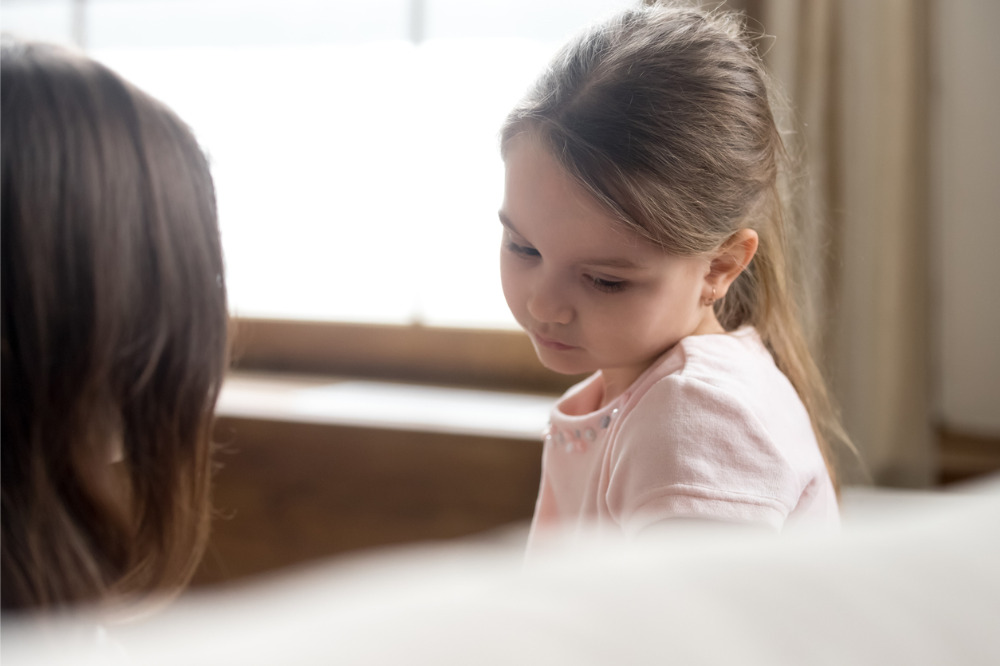
The economic disruptions created by the COVID-19 pandemic has brought about unprecedented financial hardships to Australian workers as many were pushed out of jobs or had their work hours slashed. Without a stable means of income, many families have grown heavily concerned on how to meet daily expenses.
The situation will result in a significant rise of Australian children potentially at risk of poorer health, education and life outcomes due to employment stress in the family, a new report from Victoria University (VU) has revealed.
Modelling from the University’s Mitchell Institute estimated that the number of children in families experiencing COVID-19-related employment shock has soared 130% nationally to 1.4 million, climbing from 615,000 in 2016. Many regions posted increases between 200% and 300%.
Lower-income families most impacted
The report predicts that although job and income losses will be felt across all socio-economic groups and regions, lower-income families will bear the brunt of the impact.
Regional communities that rely on the hardest hit industries, including tourism, and disadvantaged communities in outer suburban areas will also be among those most adversely affected.
Author Kate Noble said that governments at all levels must respond quickly to prevent children from having their long-term educational, health and life outcomes “damaged by the economic impact of COVID-19-related job loss.”
“There is a strong correlation between children’s learning and development outcomes, and parental employment status,” she said.
“Children in families experiencing job loss are around 15% more likely to repeat a grade at school. Adolescents are particularly vulnerable and more likely to leave school early and less likely to attend university if they have an unemployed parent.”
The report also found that parental unemployment was associated with increased probability of health and psychological problems among children and youth, including social isolation, poor nutrition and a higher prevalence of emotional issues.
Support from all sectors
According to the study, schools and early learning services will play a crucial role on limiting the negative impacts on children, but given the enormity of the challenge, they will need support from various sectors of the society.
“Our schools, preschools and teachers have done a remarkable job responding to COVID-19, but the reality is, they’re not equipped to effectively respond to skyrocketing levels of student vulnerability,” Noble said.
The report suggested a range of urgent measures and long-term reforms designed to support students, reduce inequality, and improve the stability of the early childhood education sector.
These include guaranteed access and affordability to early childhood education and care for families experiencing hardships, as well as scaling up programs such as breakfast clubs and counselling.
There should also be measures in place for identifying and supporting students who are disengaging from school, and adequate funding to meet the challenge of increased student vulnerability.


